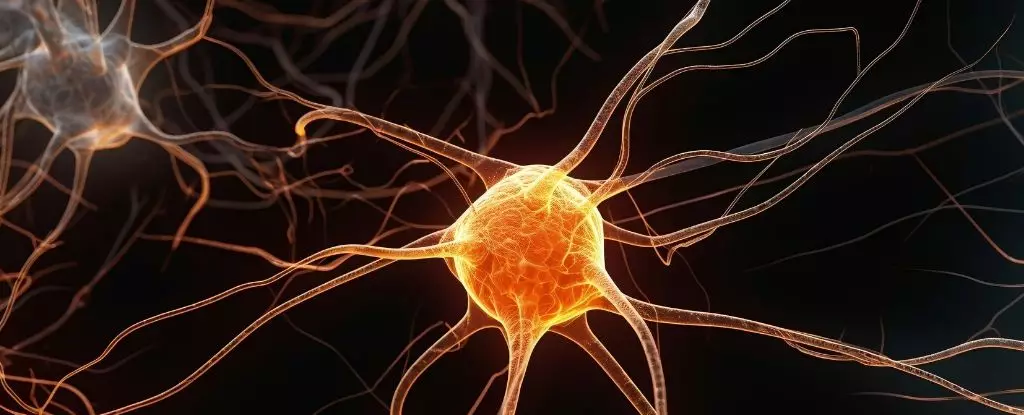The brain is often referred to as a supercomputer, with its complex network of neurons that help us think, learn, and make decisions. This intricate organ can be likened to a bustling city, with different parts serving specific functions, much like different areas in a city. When we have a thought, it’s like a message traveling through this city, passing from one area to another. Neurologists, neuroscientists, and neurosurgeons dedicate their lives to unraveling the mysteries of the brain, yet there is still so much left to discover.
At the heart of the brain’s operation are neurons, tiny cells that send and receive signals to communicate with each other. With an estimated 80 to 100 billion neurons in the brain, these cells form neural tracts that function like the streets and highways of our city analogy. When we have a thought, neurons in our brain ignite, creating electrical impulses that travel along specific pathways. These impulses release neurotransmitters, acting as construction crews that pave the way for messages to be delivered effectively.
As we learn and experience the world around us, these neural connections grow stronger. Just like upgrading a dirt road to a highway, our brain forms neural networks that allow us to refine our skills through practice and repetition. By firing together, neurons wire together, creating patterns of thinking and behavior. This synchronized activity shapes our conscious experiences, although we are only aware of a small fraction of the information our brain processes.
Memories stored in our brain, much like files in a computer, shape our thoughts and emotions. Positive associations built over time influence how we perceive the world around us. Moreover, creativity is a remarkable ability of the brain, allowing us to generate new ideas, stories, and inventions. Artists, writers, and scientists harness their creative brains to explore new possibilities and solve complex problems.
Scientists emphasize the importance of sleep in processing information and forming new connections in the brain. Adequate rest, along with healthy eating, regular exercise, and engaging activities, is essential for optimal brain function. Positive thinking, along with avoiding harmful substances like cigarettes, alcohol, and drugs, is crucial for preserving brain health. Unfortunately, activities like sports without appropriate safety measures can also pose a risk to brain cells.
The brain remains a captivating organ that continuously works to generate thoughts, memories, and ideas. As technology advances, scientists are poised to unveil more about the biological processes that underpin our conscious experiences. Unraveling the complexities of the brain is akin to a monumental scientific endeavor, with countless discoveries waiting to be made.
The brain stands as a marvel of nature, constantly evolving to help us navigate the world around us. As we delve deeper into its inner workings, we unlock a treasure trove of knowledge that sheds light on our very existence.


Leave a Reply